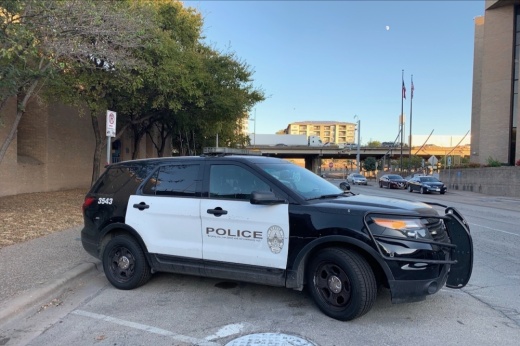How we got here
For years, the APD's Community Police Academy—formerly the Citizen Police Academy—offered Austinites an extensive inside look at officers' daily work and police department operations.
According to the police department, more than 2,700 community members had participated in the free, multimonth training program across 101 sessions held since 1987. Weekly courses led by police representatives focused on aspects of APD training, the department's various specialized units and police-community relationships.
APD last opened the door to community members in 2019; enrollment in the academy was halted in 2020 amid the COVID-19 pandemic.
What's next?APD is now accepting applications for the Fall 2019 Citizen Police Academy! Learn how the department operates and meet the officers who serve Austin residents. Apply online today: https://t.co/Bz3bu8qQi0 #AustinPD #SaferTogether pic.twitter.com/jL5UhAWF6Q
— Austin Police Department (@Austin_Police) May 31, 2019
The educational program is not yet rebooted, but new sessions could soon begin again.
District 6 Council Member Mackenzie Kelly recently sponsored a resolution calling for city management to weigh restarting the academy this spring, with the possibility of offering college or certification credits for completion. Kelly's proposal was approved 10-1 March 9 with District 9 Council Member Zo Qadri voting against.
The resolution passed as amended by District 5 Council Member Ryan Alter, whose changes were aimed at improving the academy's accessibility, allowing for more diverse opinions regarding its curriculum and blocking political activities from becoming part of the program.
A report back to council on the possibility of reopening the academy and those targeted items is due May 22.
What they’re saying
Kelly, herself a graduate of the community academy, said she believes the program is an important resource for residents seeking to learn more about life within the APD.
"One thing that really struck me while I was taking this class was learning that oftentimes when an individual in the community is meeting a police officer for the first time, it could be on the worst day of their life. And I firmly believe that we should provide additional educational opportunities to the community in order to make sure that they’re not just met with an officer when they’re having a bad time, but also when good things are happening in their lives," Kelly said.
District 3 Council Member José Velásquez, also an academy alum, said he participated in the program at a time when he felt safe and encouraged to ask honest questions about policing throughout his training. Velásquez said that more recently, he received "upsetting" feedback about the program and police relations from some Austinites. He said the Community Police Academy's next iteration should take those perspectives into account in line with Alter's suggestions.
"After hearing from community members, fellow alumni and friends that raised multiple issues that are concerning, I ask that we take a step back and really examine how this program works, including a review of candidate screening processes, curriculum and teaching practices," Velásquez said. "I do believe that a well-structured program can help our community rebuild the much-needed trust that we need in this city. But if we want to see change, we have to take responsibility for doing our due diligence."





